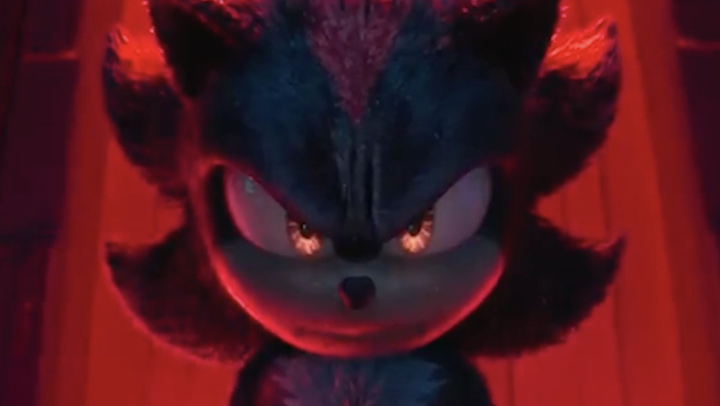Sonic the Hedgehog 3 has left Mufasa: The Lion King in its tracks for the race to secure the top box office spot over pre-Christmas weekend.
The Ben Schwartz fronted movie, based on the Sega video games, made $62m (£49m) on its opening weekend, according to the latest reports, with projections taking earnings past $70m (£55m).
Meanwhile, Disney’s Lion King live-action prequel, which critics have called “a catastrophic waste of director Barry Jenkins”, has so far made $35m (£27m) across the same weekend, per Deadline.
The Sonic the Hedgehog series has been among the highest earning franchises of recent years, with the first two films grossing a combined $725m (£568m) worldwide.
Sonic’s latest installment saw Jim Carey come out of retirement to take part in the project, after claiming that Sonic 2, where he plays mad scientist Dr Robotnik, would be his final film.
In February, The Mask star revealed he would be returning for the third film alongside Schwartz, Idris Elba, Keanu Reeves and Colleen O’Shaughnessey.
“I came back to this universe because I get to play a genius, which is a bit of a stretch,” he said. “And you know, I bought a lot of stuff and I need the money, frankly.”

Meanwhile, ahead of Mufasa: The Lion King’s release, Barry Jenkins was forced to defend his decision to direct the film after fans called the move “soulless”.
Social media criticises the move as they claimed the director is “too talented” to become part of Disney CEO Bob Iger’s “machine”.
Jenkins, whose directing credits also include the films Moonlight and If Beale Street Could Talk, noted that the Lion King story has affected countless viewers in deep ways since the 1990s.
“There is nothing soulless about The Lion King,” Jenkins replied.
“For decades children have sat in theatres all over the world experiencing collective grief for the first time, engaging Shakespeare for the first time, across aisles in myriad languages.
“A most potent vessel for communal empathy.”

In her two star review of the film, The Independent’s Clarisse Loughrey wrote: “Finding the Jenkins in Mufasa is like putting a blindfold on in the Louvre and trying to feel your way to the Mona Lisa.
“Here and there, we can find the faint outline of his genius…But, ultimately, Mufasa is yet another damning case study of the fragility of the artist’s voice in the modern studio machine.”
She concluded: “All Mufasa has done is force Jenkins to be ordinary.”







